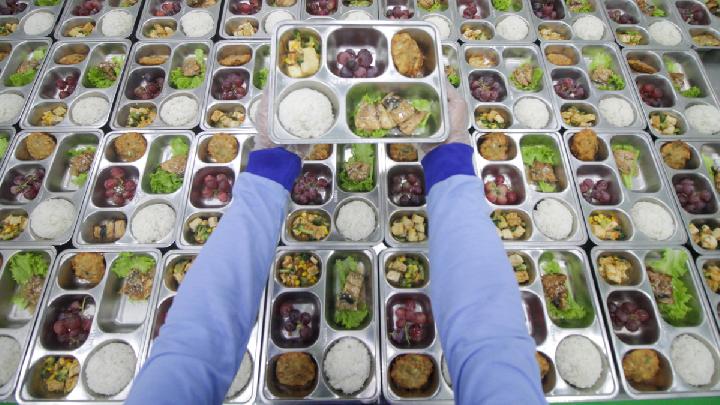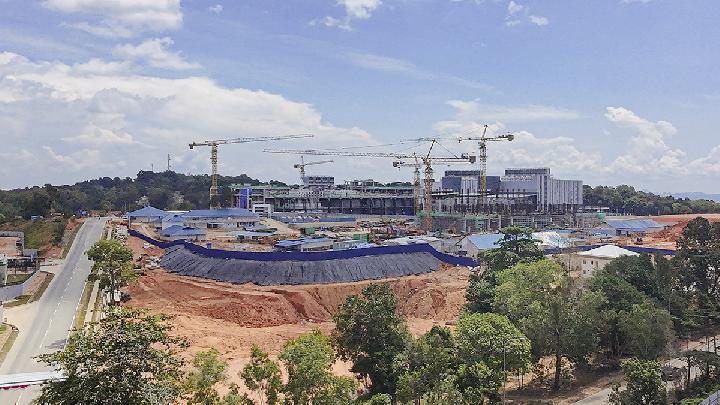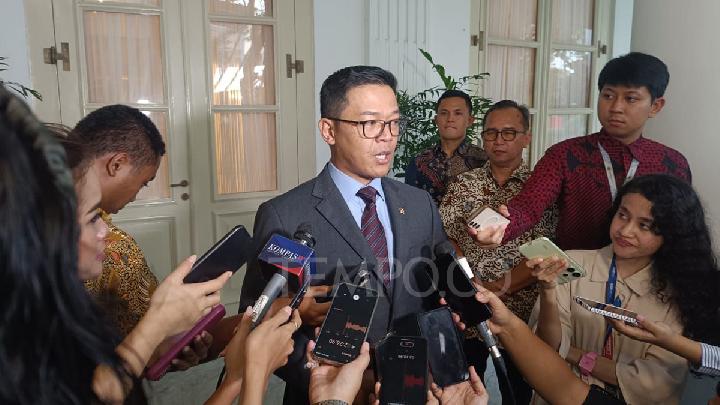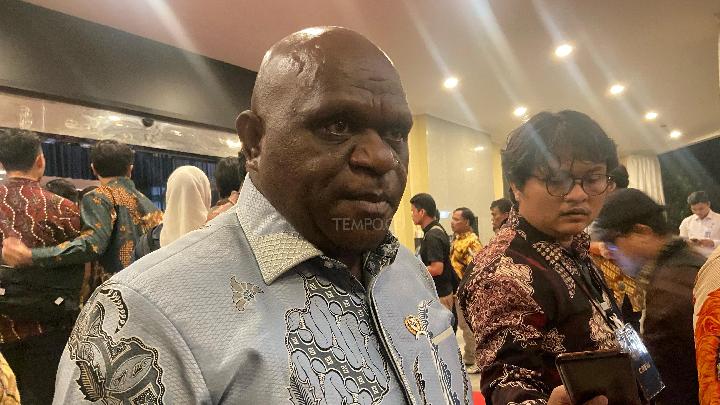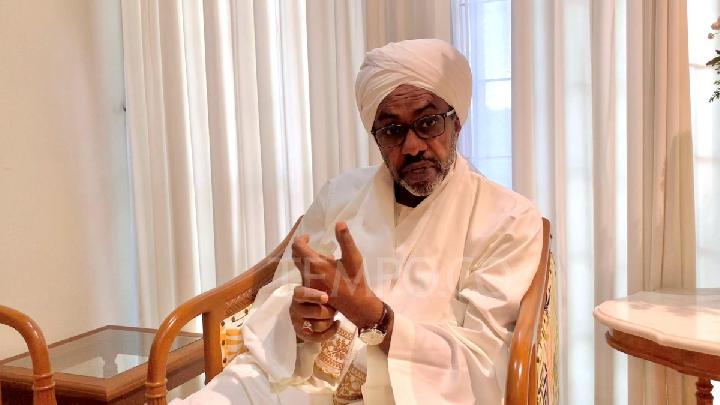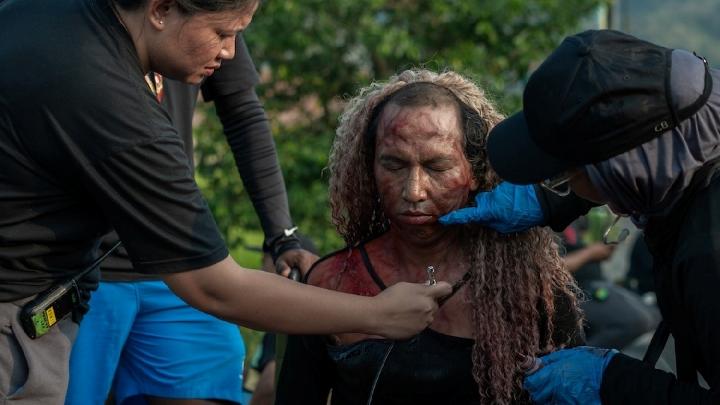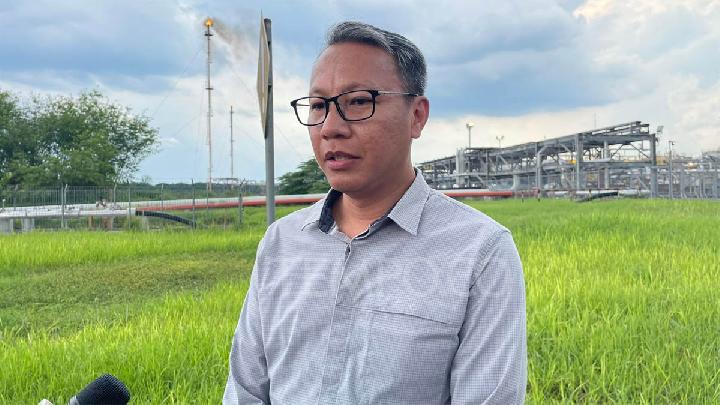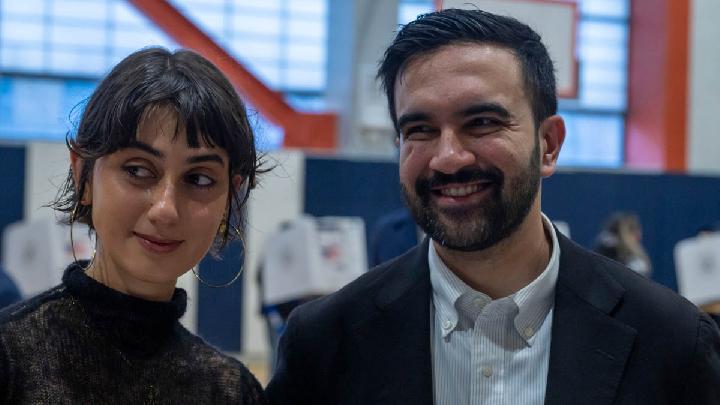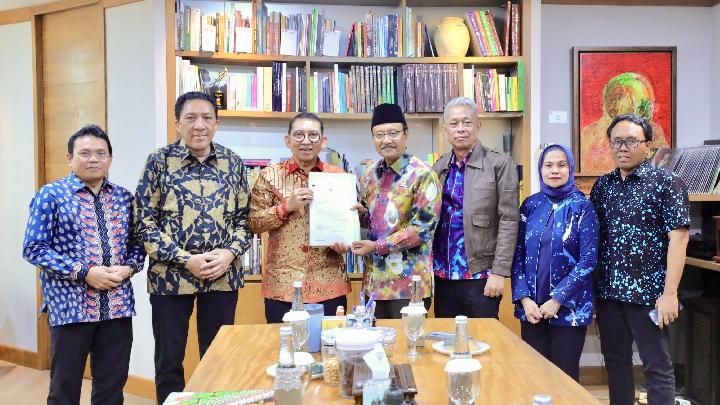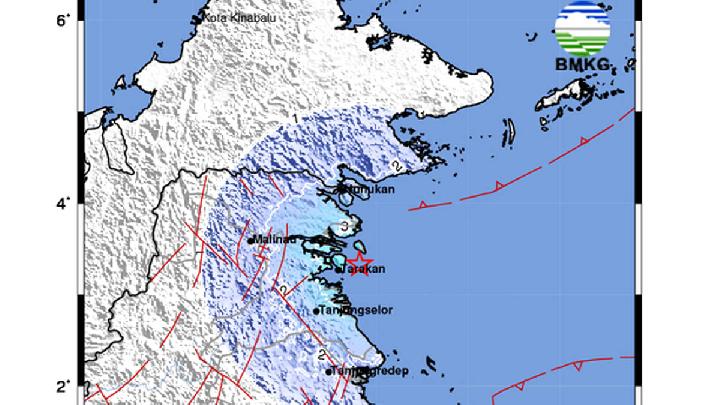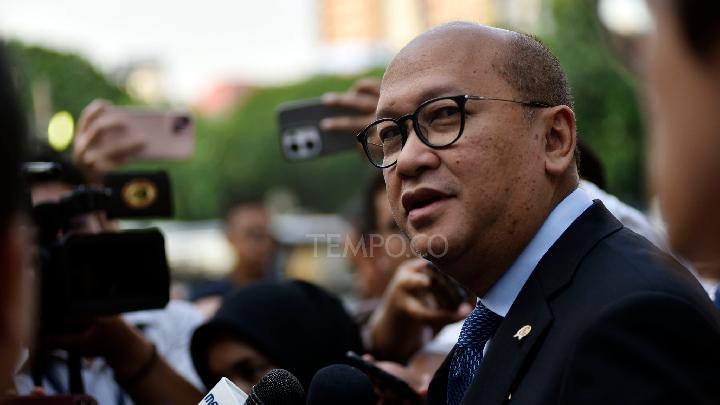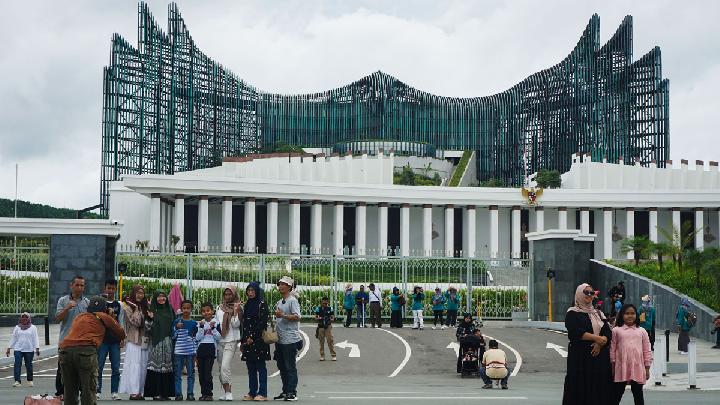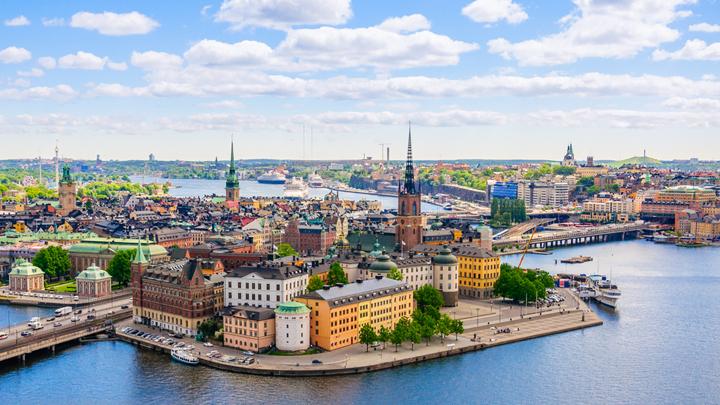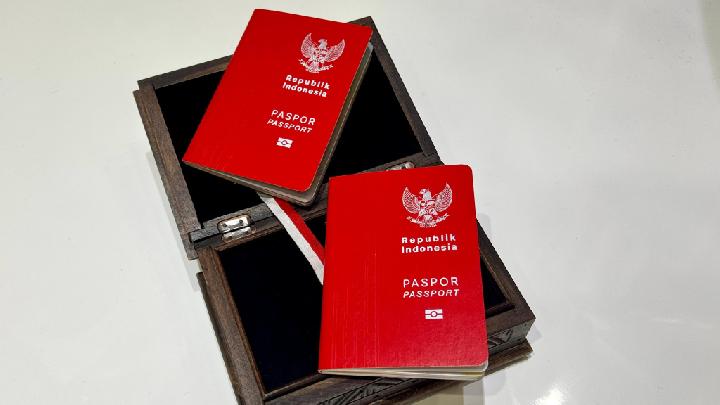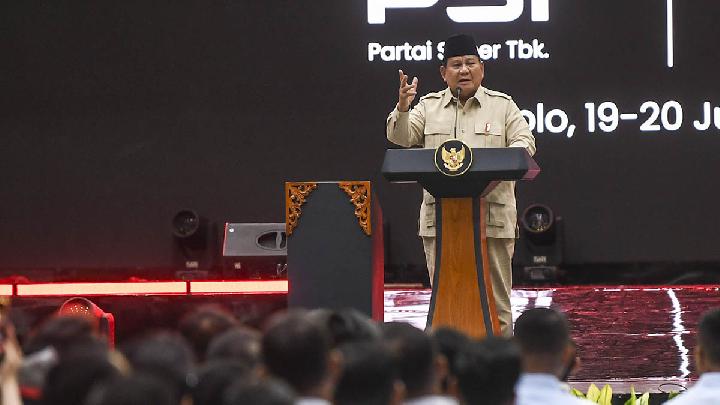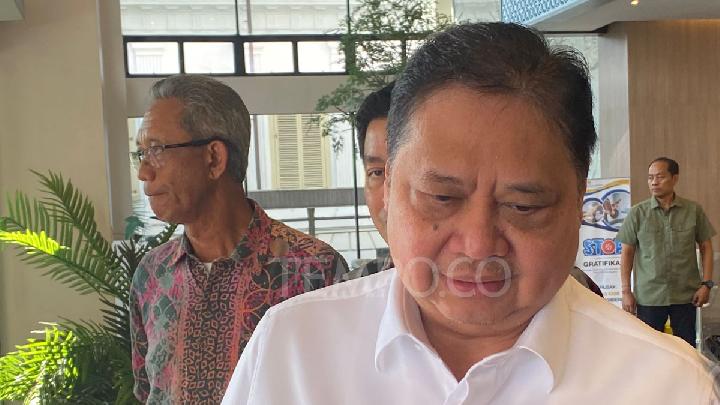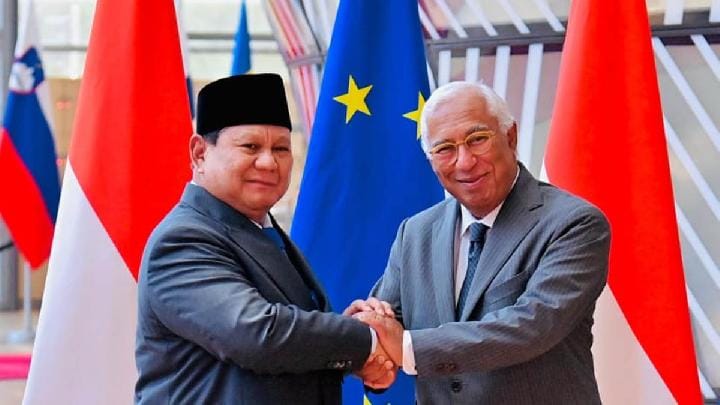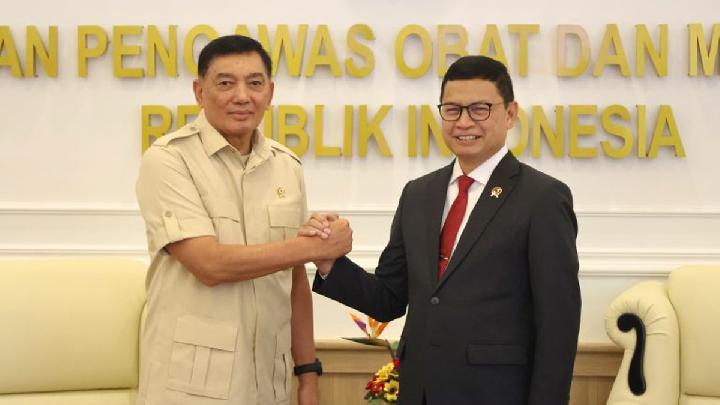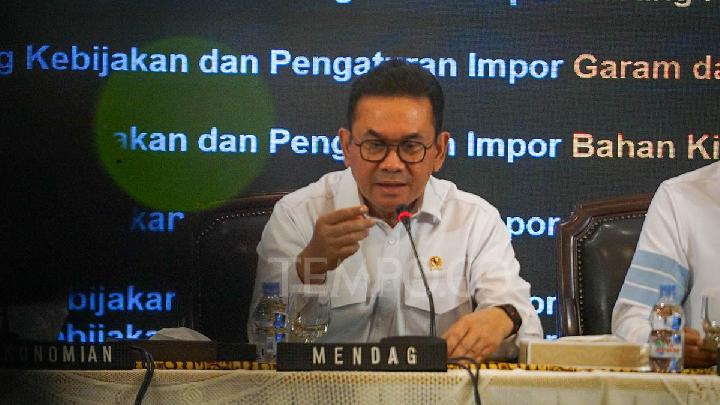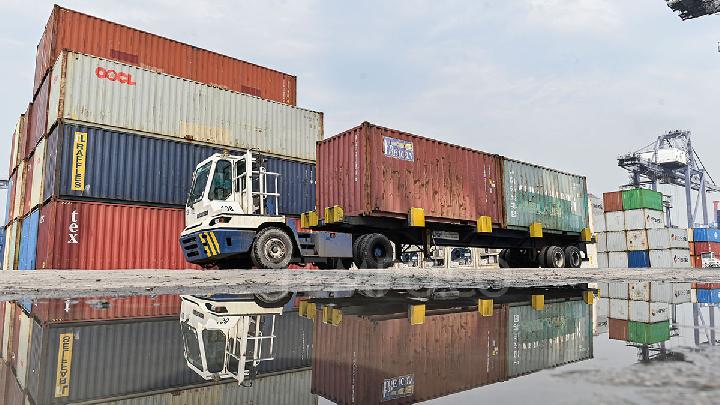TEMPO.CO, Jakarta - The Indonesian government has rolled out a new 2025 economic package designed to boost growth and create jobs.
Coordinating Minister for Economic Affairs Airlangga Hartarto said the package, known as the 8+4+5 Program, consists of eight development acceleration programs for 2025, four continuation programs for 2026, and five flagship initiatives for job creation.
1. Internship Program for Fresh Graduates
The first initiative is a six-month internship program targeting fresh graduates from diploma (D3) to bachelor’s (S1) levels.
“This will be linked with the industrial sector, with 20,000 participants receiving monthly stipends equivalent to the provincial minimum wage,” Airlangga said at the Presidential Palace on Monday, September 15, 2025. The program is backed by a Rp198 billion budget.
2. Expansion of Income Tax Relief
The second program expands government-borne Income Tax Article 21 (PPh 21 DTP) beyond labor-intensive sectors to tourism, hotels, restaurants, and cafés. About 552,000 workers are expected to benefit from a 100 percent tax exemption for the final three months of 2025.
“The budget allocation is Rp120 billion,” Airlangga said.
3. Food Assistance Program
The third initiative provides 10 kilograms of rice per month for October and November, potentially extended to December. “This requires Rp7 trillion in funding,” he said.
4. Social Security for Non-Wage Workers
The fourth program subsidizes 50 percent of accident and death insurance (JKK and JKM) contributions for 731,361 non-wage workers, including drivers, couriers, and logistics workers.
“We hope this can support online transportation drivers. The budget, Rp36 billion, will be covered by BPJS,” Airlangga explained. Compensation includes up to 48 times wages for death benefits, 56 times for disability, and scholarships of Rp174 million for two children.
5. Housing Support via BPJS Ketenagakerjaan
The fifth program enhances BPJS Ketenagakerjaan’s housing benefits by lowering loan interest rates from BI rate plus 5 percent to BI rate plus 3 percent for workers, and from BI rate plus 6 percent to 4 percent for developers.
“This is also supported by relaxation of credit information rules under OJK,” Airlangga said. BPJS will provide Rp150 billion, benefiting up to 1,000 households this year and scaling up to 3 million next year.
6. Cash for Work
The sixth program allocates cash-for-work projects to 609,465 people between September and December 2025. Funding comes from Rp3.5 trillion at the Ministry of Public Works and Rp1.8 trillion at the Ministry of Transportation.
7. Deregulation and Licensing Reforms
The seventh initiative accelerates deregulation under Government Regulation No. 28/2025 on risk-based licensing. It expands integration of regional planning (RDTR) with the Online Single Submission (OSS) system from 50 to over 170 districts.
“The Geospatial Information Agency will prepare the data. If processing takes longer than 20 days, approvals will automatically take effect,” Airlangga explained. The estimated budget is Rp1 trillion.
8. Pilot Projects for New Economic Models
The eighth program launches pilot projects in major cities, including Jakarta’s Gig Economy hub. Similar projects will be introduced in West Java, Central Java, East Java, Banten, Bali, Manado, Makassar, and Batam. Funding will come from local governments and the Ministry of Tourism and Creative Economy.
Editor’s Choice: Thousands of Police Deployed to Secure Anti-Police Reform Demonstration in Jakarta
Click here to get the latest news updates from Tempo on Google News



